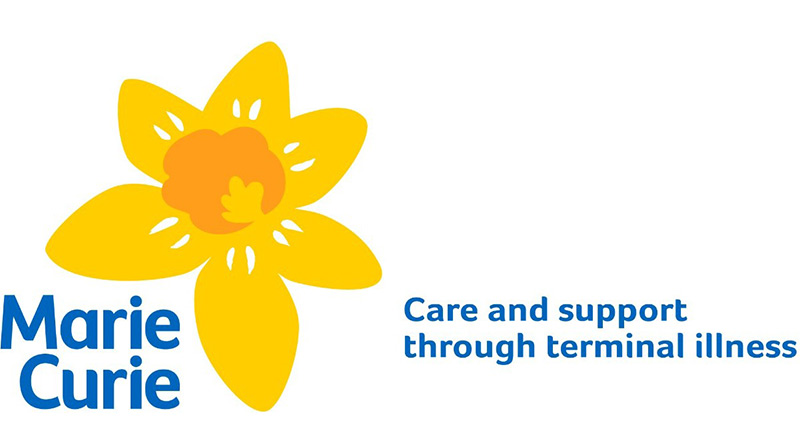Study Shows How Dying Without “End-Of-Life Diagnosis” Makes It Harder For Older People To Access Good Community Care
New research has revealed that people who die of old age are less likely to receive good care at the end of their lives, with the charity Marie Curie adding that the healthcare system, which is prioritising people with single conditions such as cancer, heart failure or chronic chest disease, is “unknowingly discriminatory.”
The study from the University of Cambridge, published today in the British Journal of General Practice and funded by Marie Curie, highlights the way an “end of life” diagnosis shapes care provision. It shows that community care providers prioritise people with an end-of-life diagnosis and offer them additional services, disadvantaging those who die without such a diagnosis.
The study concludes that to help ensure more elderly people are not failed by the system, decisions about allocating and prioritising care need to shift to focus on people’s needs and less on their prognosis and diagnosis, with the charity adding that “proximity to death should not be the criteria for good care.”
The scale of this issue may be widespread with people over the age of 85 currently accounting for 45% of deaths a year in the UK. Due to the aging population, the number of over 85s is set to rise to 5.1 million in the next 50 years.
Louisa Polak, lead author and visiting researcher, Primary Care Unit, University of Cambridge said:
“To give frail older people a fair share of care provision, we suggest that healthcare professionals’ decisions need to be based less on diagnosis and more on need. This reallocation requires increased resources overall, as not to reduce existing palliative care patients’ quality of care, but ultimately will ensure older people are receiving the care they deserve toward the end of their lives.”
Julie Pearce, Chief Nurse and Executive Director of Caring Services at Marie Curie, said:
“These findings do not paint a great picture for people who are dying of old age or frailty. It is undeniable that many older people are dying without the care and support they need. The research uncovers the lack of attention on what matters to the individual as they are reaching the last phase of life.
“It suggests that the system is unknowingly discriminatory in not enabling access to good end of life services. Older peoples’ experience matters as much as anyone else’s life and death. We all must learn how to have the compassionate conversations with people to ensure their needs, based on what matters to them, are met.
“Everyone deserves to get the care and support they need at the end of their life, regardless of their age or diagnosis. Proximity to death should not be the criteria for good care.”
Lead researcher, Dr Stephen Barclay, Primary Care Unit, University of Cambridge said:
“The lack of sufficient care for those who are dying of age-related conditions does not just affect the patient but can also have a long-term negative impact on the loved ones they leave behind. Clinicians should avoid relying solely on an end of life diagnosis and instead focus primarily on what each frail older individual needs to ensure that everyone has access to a gold standard level of care.
“Current guidance recommends that clinicians should diagnose more frail older people as ‘end of life’ but our study points out that this is often difficult to do in practice. Decline and death from old age and frailty is unpredictable, and many older people do not want to think of themselves as ‘end-of-life’ or talk about palliative care. It requires compassionate conversations by clinicians with an open and honest acknowledgement of the uncertainties involved.”
The Cambridge study centred around interviews with people who provide community care in one Clinical Commissioning Group in England, including nurses for out-of-hours services and clinicians in community hospitals and nursing homes. The participants all described how an end of life label or diagnosis helps to unlock doors to services. Additionally, in the open-door setting of out-of-hours community nursing, teams described giving priority to calls from end of life patients.
They said that making an end of life diagnosis is difficult in frail older people who have no single life-limiting condition, partly because it was not always thought about in time. Several suggested that the lack of diagnosis was a barrier to good community care, contrasting this with the care available to people with cancer:
“A cancer diagnosis…opens up so many doors for people, regardless of your age. If you’re frail and elderly and just dying…what have you got? It’s a lot more closed doors.”
[Community Nurse Out Of Hours]
Some participants spoke of getting around the barriers by “pigeon-holing” older people into an acceptable diagnostic category:
“You have to pigeon-hole them into whatever services would be available.”
[Community Out Of Hours care provider]






